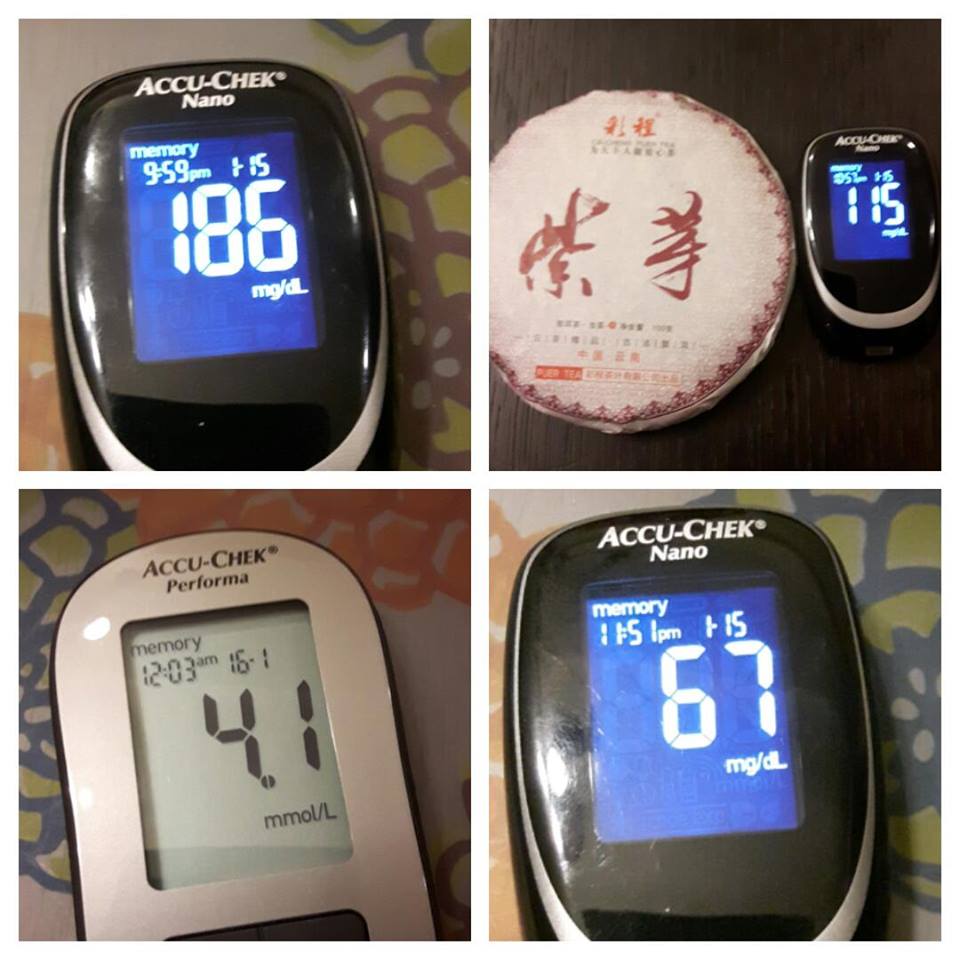- Messages
- 392
I've found that if I'm hypo a carton of apple juice with 22g brings me up nicely and my level is stable afterwards on the libre graph. But if I take 4 jelly babies 20g I shoot up and continue to rise for hours afterwards. So tonight I took a hypo and tried just 2 jelly babies and it brought me up nicely. So in future I will use 22g apple juice or 10g jelly babies. Is this weird? I just assumed I'd need the same amount of carbs regardless of the source


